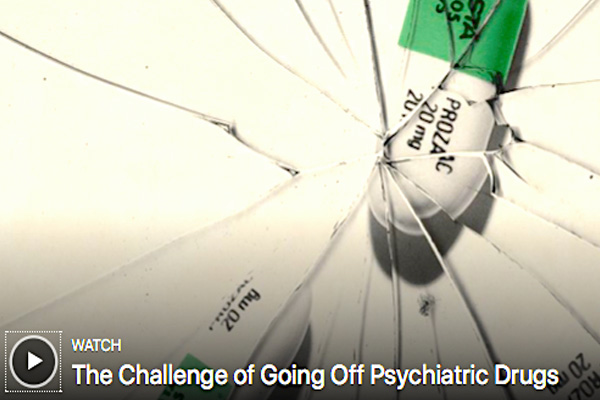Easy Does It –
April 8, 2019 – She began taking twenty milligrams of Prozac, an antidepressant; when she still didn’t feel better, her dose was increased to forty milligrams, and then to sixty. With each raised dose, she felt thankful to have been heard. “It was a way for me to mark to the world: this is how much pain I am in,” she said. Laura wasn’t sure whether Prozac actually lifted her mood—roughly a third of patients who take antidepressants do not respond to them—but her emotions felt less urgent and distracting, and her classwork improved. “I remember her carrying around this plastic pillbox with compartments for all the days of the week,” a friend from high school said. “It was part of this mysterious world of her psychiatric state.”
At parties, she flirted intently, but by the time she and a partner were together in bed, she said, “I’d kind of get hit with this realization that I was physically disconnected. And then I’d feel taken advantage of, and I would kind of flip out and start crying, and the guy would be, like, ‘What the heck is going on?’ ” Most antidepressants dampen sexuality—up to seventy per cent of people who take the medications report this response—but Laura was ashamed to talk about the problem with her psychiatrist. “I assumed he’d see sexuality as a luxury,” she said. “He’d be, like, ‘Really? You have this serious illness, and you’re worried about that?’”



